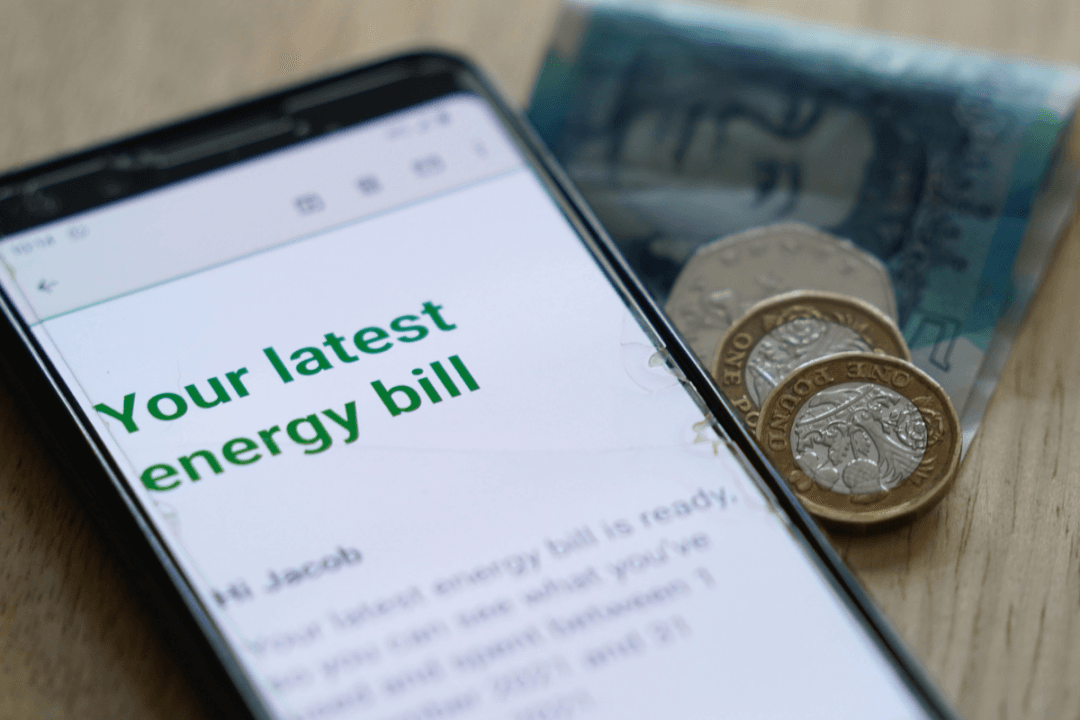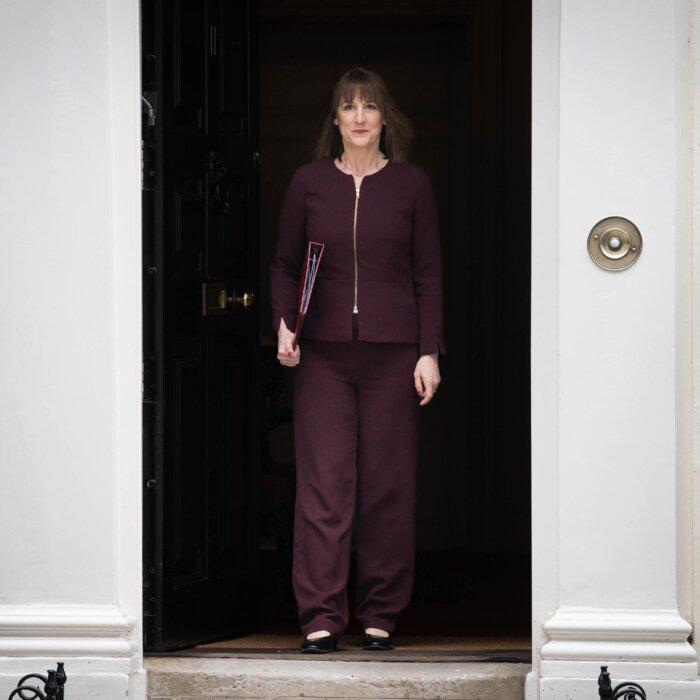From Tuesday, households will see widespread bill hikes, including higher costs for energy, water, and council tax, along with potential increases in mobile, broadband, and car tax—marking what has been dubbed “Awful April.”
Wage Increases
Despite the rise in household bills, Prime Minister Sir Keir Starmer has insisted that the increase in the minimum wage—which will go up from £11.44 to £12.21 an hour—and interest rate cuts by the Bank of England will help families across the country.Starmer told Sky News’s Beth Rigby on Tuesday: “I think for most people, they would say the cost-of-living crisis is ongoing, and they feel the pressure financially.
“That’s why it’s so important we make good on our pledge that people would feel better off. The national living wage going up today by an average of £1,400 [a year] is going to affect millions of people. In their pay packet this month, and obviously for months to come, they will now be getting more money.”
However, the prime minister acknowledged that people see that rise in bills “and that is a pressure.”
“But that is why it’s so important we deliver on the national living wage, to make sure people are better off. £1,400 is quite a significant amount of money for millions of workers,” he said.
From April 6, employer national insurance contributions (NICs) will also increase to 15 percent and the threshold at which the tax starts being paid is slashed from £9,100 to £5,000.
Telecoms, Cars, and Homes
Higher utility and council tax bills are just one part of the rising costs hitting consumers.Those whose broadband contracts linked to inflation will see the cost of their internet rise by an average of £21.99 a year.
Mobile phone users face similar rises, though some providers like Vodafone and Virgin Media have frozen prices until 2026 for those who switched before April.
The standard rate of car tax will also rise by £5 to £195, and electric vehicle owners will be subject to car tax for the first time.

From April 1, the nil rate threshold for first-time buyers has reduced from £425,000 to £300,000. For home movers, that threshold has halved from £250,000 to £125,000.
Food Inflation
The British Retail Consortium (BRC) reported on Tuesday that food inflation rose last month, climbing 2.4 percent year-on-year—up from 2.1 percent in February and exceeding the three-month average of 2 percent, according to its shop price index.BRC Chief Executive Helen Dickinson said retailers were doing all they can to prevent passing on the higher costs to customers.

Dickson said: “With retailers bracing for significant extra costs which kick in later this week as a result of the Budget, inflation will likely accelerate in the coming months.
£3,500 Worse Off
Conservative Party leader Kemi Badenoch called the increase in employer taxes “a direct hit on working people” which will crush businesses, result in fewer jobs, and cost families £3,500 by the end of this parliament.“Employers will face tough choices: halt hiring, cut wages, or shut down.”







